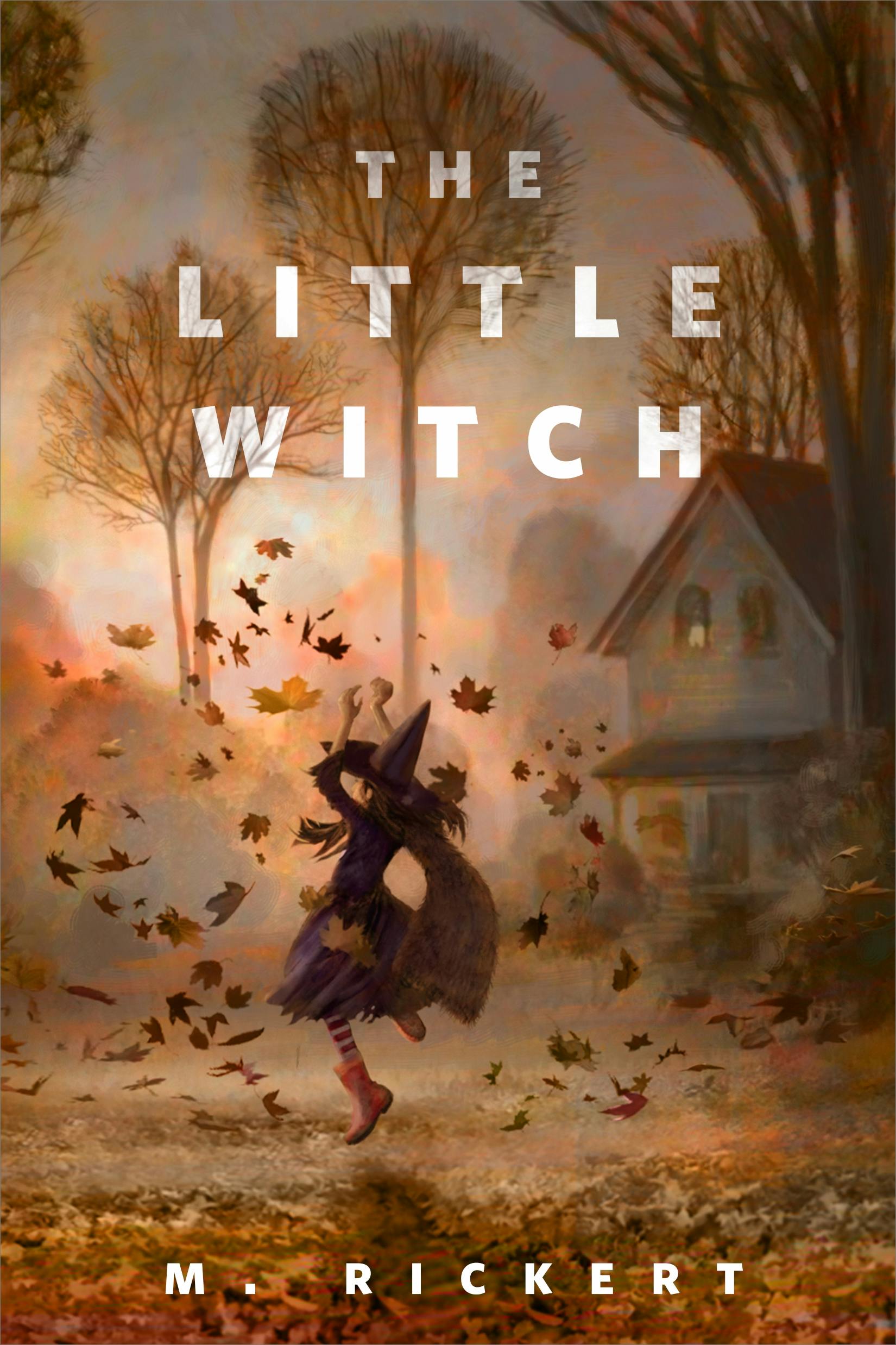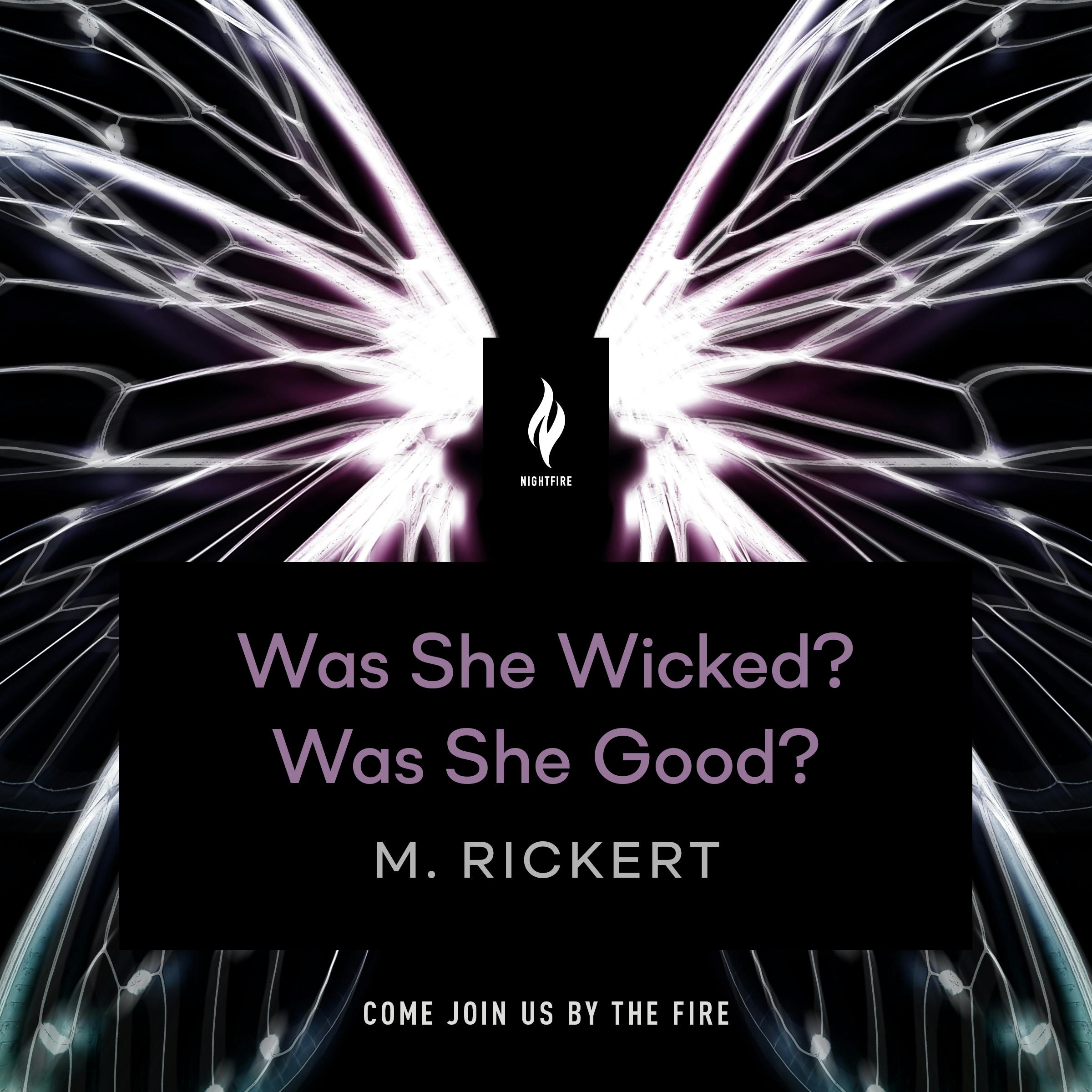Reviews
“This wintry, melancholic little tale about a friend group’s gift exchanges over the years manages to nest several different horror subgenres in one, like unwrapping each package to find the next one inside, somehow wrapping them up in a bow at the end.”—CrimeReads
“Like the best of Rickert’s darkly Gothic tales, the atmosphere is one of perfectly distilled dread, the narrative far more complex than it at first seems, and by the end of this tightly packed and elegantly told novella we feel as though we’ve read a much longer and quite haunting novel.”—Locus
“Smooth and ruthless, Lucky Girl is M. Rickert at her ice-cold best.”—Laird Barron
“Lucky Girl is as beautiful and disturbing as a Christmas present wrapped in barbed wire. Mary Rickert’s one of my favorite writers, and she’s never been more brilliant.”—Daryl Gregory
“A sharp, lonely horror story about finding friends and terror in the unlikeliest places. M. Rickert weaves a Christmas horror story full of dread you can savor all year long. I loved it!”—Christopher Golden
“A smart, page-turning twist on Straub’s Ghost Story, where the monsters don’t come back; they never went away.”—Sarah Langan
“There are stories within stories in this delicious matryoshka doll of a novella.”—Alma Katsu
“An effortless blend of supernatural and real-world horror that explores monstrousness in its many forms. The perfect sinister tale for a cold winter’s night.“—A.C. Wise
“An eerie premise, a devilishly clever plot, and delicious writing […] Rickert brings us a figgy pudding full of razors, sharp and sly and masterful, and I am here for it.”—Joshilyn Jackson
“A classic in the making.”—Nathan Ballingrud
“M. Rickert has crafted a holiday story that is ornamented with other narratives that together read like a Christmas tree on fire—mesmerizing, terrifying, and more than a little funny.”—Benjamin Percy
“M. Rickert creates a fabulous paean to the horror story, brilliantly combining such dark fictional tropes as the murder mystery, ghost stories told at Christmastime, folk horror, and the Gothic tradition into one elaborate and creepy metafictional meal.”—Steve Rasnic Tem

